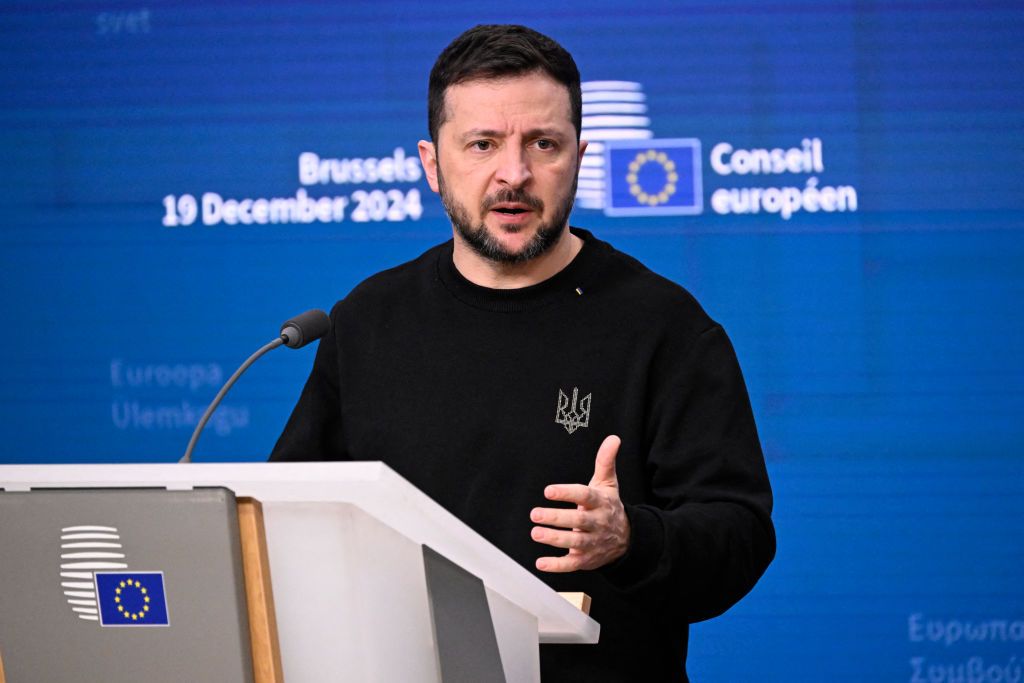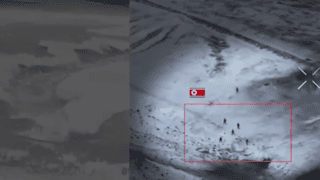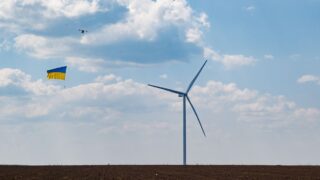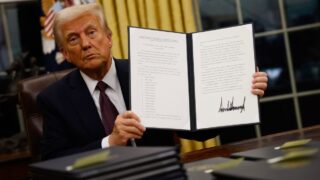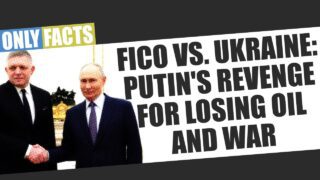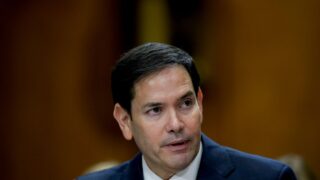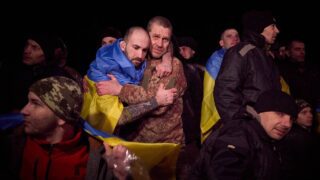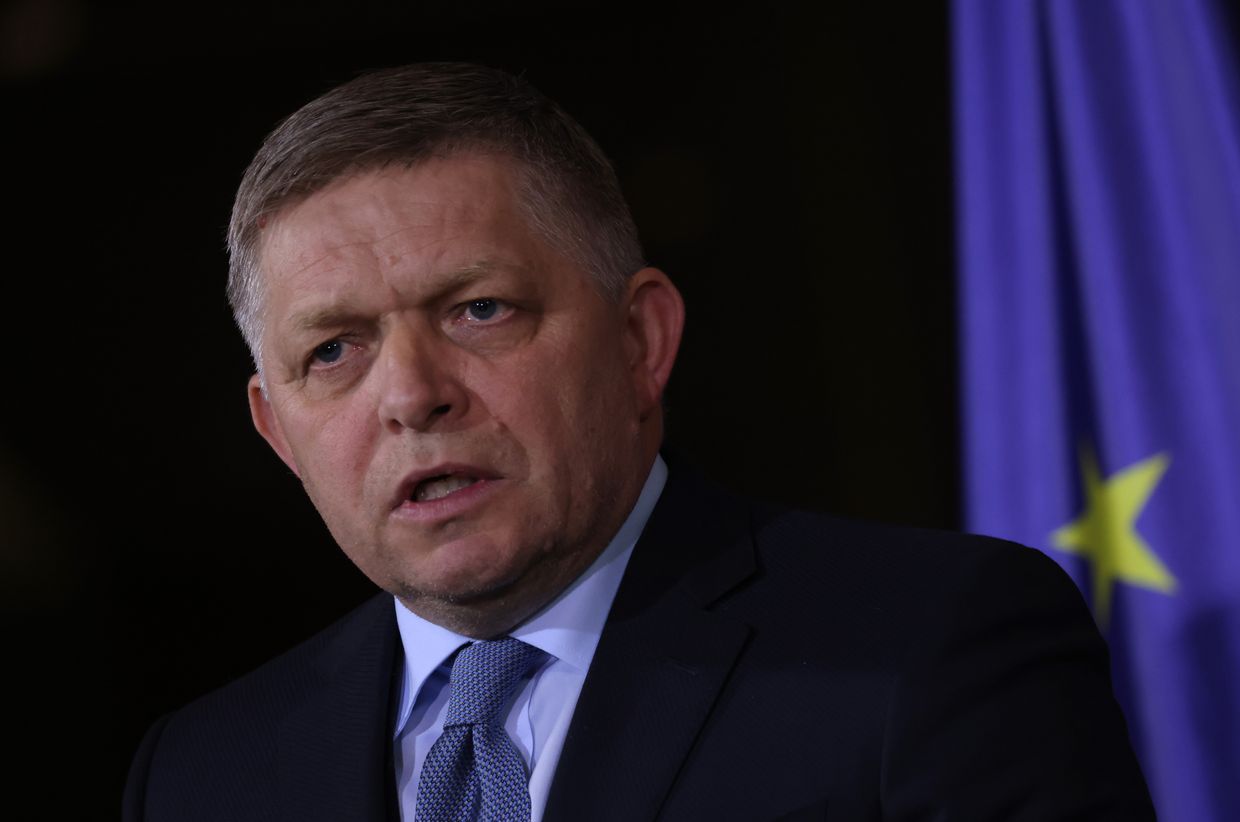
Slovak state energy company to continue supplying electricity to Ukraine despite Fico's threats
Slovakia's state-controlled transmission system operator SEPS said it will continue supplying electricity to Ukraine as part of an emergency assistance contract, despite threats from Slovak Prime Minister Roberto Fico, the iRozhlas media outlet reported on Jan. 3.
Fico said on Dec. 27 that his government would consider halting electricity supplies to Ukraine after a deal to transit Russian gas to Europe through Ukraine expired on Dec. 31. Kyiv had repeatedly warned it would not renew the transit agreement to avoid financing Russia’s war.
Due to Russia's ongoing attacks on the energy system, Ukraine has turned to neighboring countries, including Slovakia, to supply additional electricity from abroad.
SEPS will continue to cooperate with the state-owned energy company Ukrenergo under a valid contract extended last spring for another 12 months, the media outlet reported. According to the contract, the Slovak company can supply Ukraine with up to 150 megawatts of electricity for emergency assistance.
SEPS has committed to ensuring the cross-border electricity transmission on "standard terms."
SEPS also provides cross-border electricity transmission via high-voltage lines. In the first 11 months of last year, net electricity exports from Slovakia to Ukraine reached 2.43 terawatt-hours, which is three and a half times higher than in the same period in 2023, according to iRozhlas.
Slovakia's former Economy Minister Karel Hirman said previously that electricity is sold to Ukraine by traders, not the state, iRozhlas reported. Hirman added that Slovakia would be drawn into a conflict within the European Union if the electricity supply to Ukraine was stopped.
Apart from threats to cut off electricity supplies to Ukraine, Fico also said Slovakia could reduce aid for Ukrainian refugees in response to Ukraine's decision to terminate Russian gas transit.
Before Fico's return to power, Slovakia had been a staunch supporter of Ukraine. It was the first country to send Kyiv fighter jets after the full-scale invasion and a reliable supplier of military aid.
Fico's government initiated a stark policy reversal, halting weapons deliveries to Ukraine and adopting rhetoric blaming the West for Russia's war. Fico also has close ties to Hungarian Prime Minister Viktor Orban, another Central European populist leader with a friendly attitude toward Russian President Vladimir Putin.
